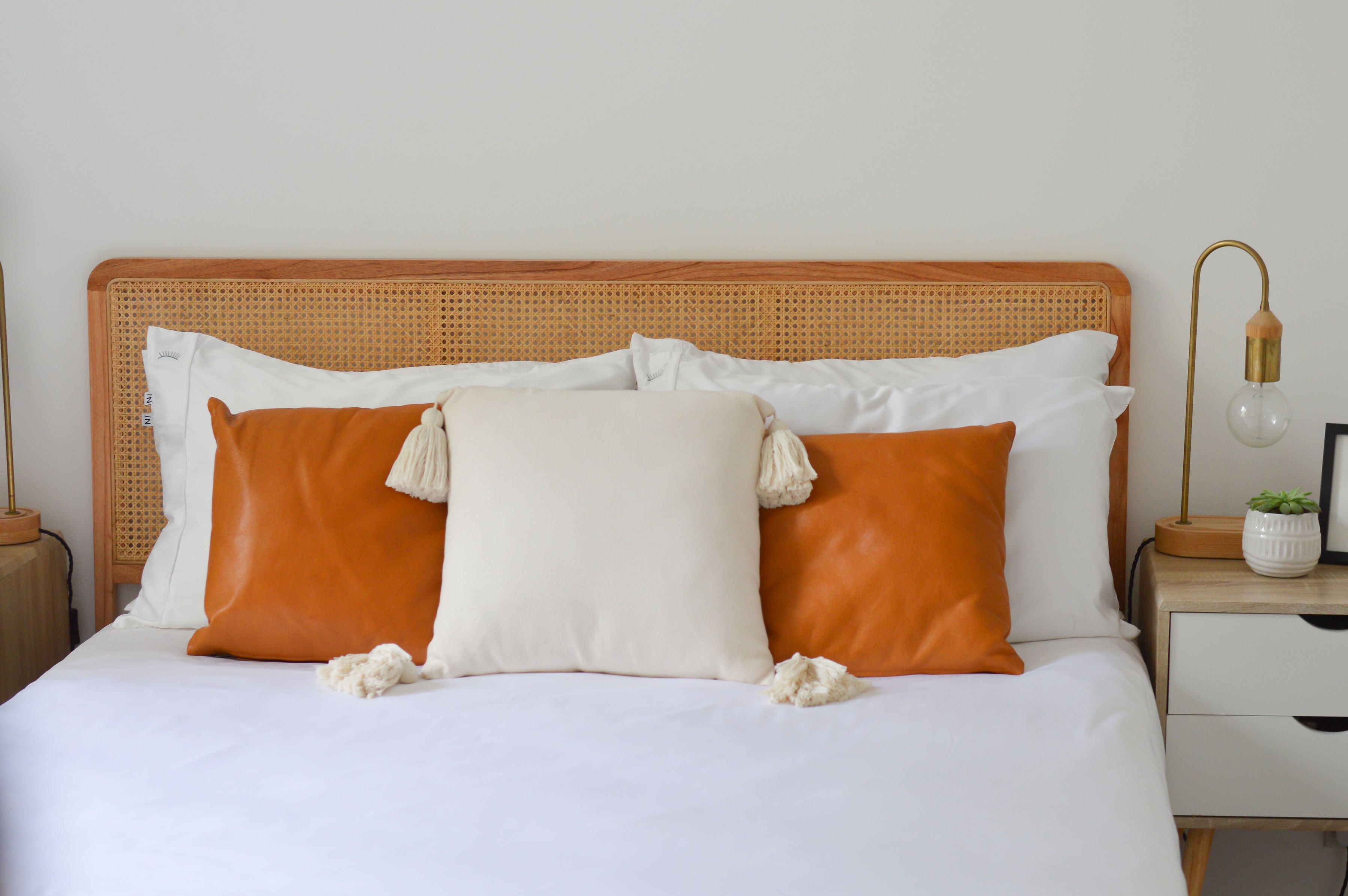How to Not Feel Completely Bushed the Day After the Clocks Go Forward

As the clocks go forward this weekend (Sunday! Mark your calendar!), many of us will be looking forward to the longer, brighter evenings that come with the start of daylight saving time. However, this change can also have a significant impact on our sleep, leaving us feeling groggy and tired in the days following the time change.
The shift to daylight saving time means that we will lose one hour of sleep, as the clock is moved forward by an hour. This may not sound like a lot, but even small changes to our sleep patterns can disrupt our body's natural rhythm, leaving us feeling fatigued and struggling to concentrate.
So, how can you ensure that you get good rest despite the disruption caused by the clocks going forward? Here are a few tips:
- Gradually adjust your sleep schedule
If possible, start adjusting your sleep schedule a few days before the time change (start today if you haven't already:)). This can help your body adjust gradually, making it easier to adapt to the new schedule. Try going to bed 15-30 minutes earlier each night leading up to the time change.
- Avoid caffeine and alcohol
Caffeine and alcohol can both disrupt sleep, so it's best to avoid them in the days leading up to the clocks changing. Caffeine can make it harder to fall asleep, while alcohol can interfere with the quality of your sleep, leaving you feeling groggy and tired the next day.
- Create a sleep-conducive environment
Make sure your bedroom is dark, quiet, and cool. Use blackout curtains or an eye mask to block out any light, and consider using earplugs or a white noise machine to block out any noise. Make sure your bed is comfortable and supportive, and avoid using electronic devices in the bedroom.
- Stick to a regular sleep schedule
Try to maintain a regular sleep schedule, even on weekends. This can help regulate your body's natural sleep-wake cycle, making it easier to fall asleep and wake up at the same time each day.
- Be patient
It can take a few days for your body to adjust to the time change, so be patient and give yourself time to adapt. Try to avoid napping during the day, as this can make it harder to fall asleep at night. Instead, stick to your regular sleep schedule and allow your body to adjust gradually.
Hope these tips help you to minimise the impact of the time change and enjoy the sunnier, warmer, happier days ahead!



